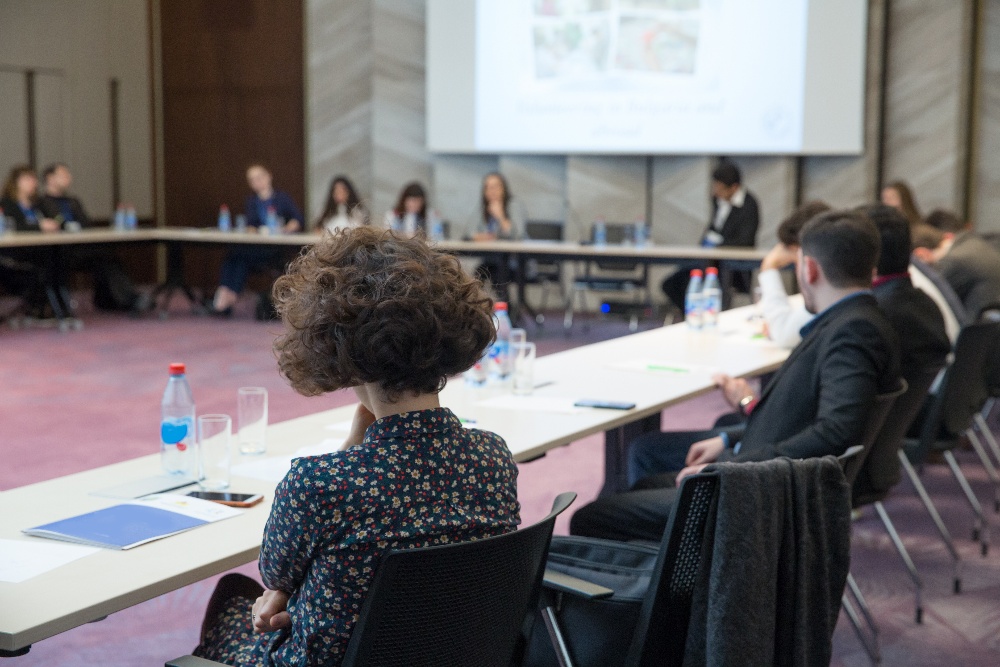About Us
What We Do
CAEL (Council for Adult and Experiential Learning) is a national, nonprofit membership organization that supports the creation of education-to-career pathways, fueling economic mobility and community prosperity for all.
CAEL helps organizations succeed among accelerating changes reshaping education and employment landscapes. We build and lead inclusive partnerships that result in agile, responsive pathways linking learning and work. By helping diverse organizations find common cause in adult learners and workers, we keep education and training providers aligned in real time, sustain healthy talent pipelines, and support enrollment in education and training programs, from badges and microcredentials to certificates and advanced degrees.
Whether building programs that validate the lived experiences of individual learners or creating education and training alliances that span entire industries, we focus our expertise and resources on ensuring adult learners and workers can navigate the on- and off-ramps between education and employment in ways that drive equitable economic mobility and community prosperity. Here’s how we can help:
Postsecondary Education and Training Providers
- Implement strategies that better attract and serve adult learners
- Promote recognition of credit for prior learning to boost enrollment and completion, including Credit Predictor Pro
- Support partnerships among institutions, employers, and workforce organizations that establish industry-aligned curricula and innovative education-employment pathways
- Create/support learner-centered platforms that connect careers to educational programs

Workforce Development Organizations
- Align community stakeholders and resources to improve economic mobility, equity, and prosperity
- Increase access to postsecondary credentials and degrees with clear links to rewarding careers within growth industries
- Favorably position cities, states, and regions to attract and support businesses
- Create new partnerships with regional employers and postsecondary institutions to boost their effectiveness

Economic Development Organizations
- Promote economic mobility by connecting marginalized communities to better education-to-career opportunities
- Foster strategy and partnership development aligning postsecondary institutions and other learning providers, employers, and workforce organizations to better connect adult learners to careers
- Data gathering and analysis, strategy development, goal setting, and tracking
- Accelerating credential completion by recognizing on-the-job and other non-institutional training and by incorporating stackable credentials

Chambers of Commerce
- Create new professional networking events and professional development/training opportunities for chamber members
- Regional collaboration with workforce boards, economic development boards, industry, and postsecondary education and training
- Promote economic mobility in communities via partnerships that align learning and training providers, employers, and workforce organizations
- Access to labor market reports

Employers & Industry Groups
- Evaluate credential programs to assess alignment with in-demand job skills
- Identify opportunities to create and support complex postsecondary education partnerships that meet talent development needs
- Analyze and improve corporate education benefit programs
- Create an overarching strategy for implementing platforms that support employee upskilling, career exploration, and education opportunities
- Occupational crosswalks, pathways, and skills transfer support for impacted/outplaced roles
- Examples: EPCE, NACTEL

